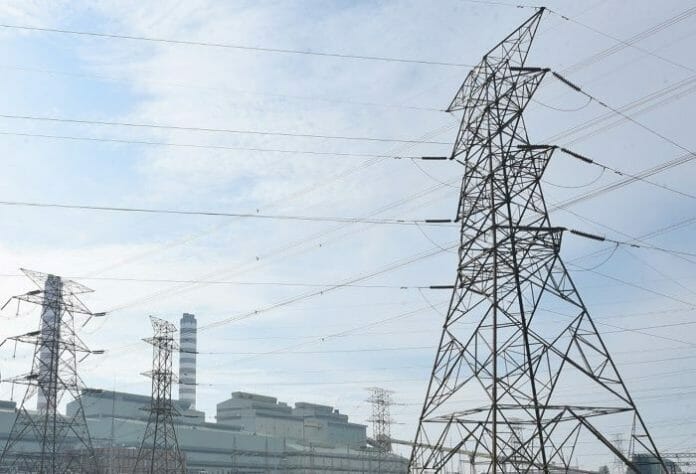The government announced 2.8GW of new RE quotas – the largest to-date, demonstrating the country’s commitment to the NETR. The planned 400MWh BESS project to strengthen the grid network further underscores Tenaga’s role as a critical enabler of the NETR.
CGSCIMB, in its Sector Flash Note today (Jan 30), maintains an Overweight call on Malaysia Utilities with top picks being Tenaga and Malakoff.
Rolling out quotas for 2.8GW of new RE capacities
CGCIMB cited that on 26 Jan, the Ministry of Energy Transition and Public Utilities announced that the government will roll out quotas for 2.8GW of new renewable energy (RE) capacities, comprising three categories.
Category 1: On 1 Apr, the Energy Commission (EC) will launch a request for proposal (RFP) for 2GW of solar capacity (including 500MW of floating solar) under Malaysia’s fifth large scale solar (LSS5) scheme. A company can bid for up to 500MW.
Category 2: Low Carbon Energy Generation Programme with a 400MW quota for other low-carbon power generation, such as small hydro, biogas, biomass, hydrogen, under the New Enhanced Dispatched Arrangement (NEDA) mechanism. Applications can be made from 5 Feb onwards. Participation is on a first come first serve basis.
Category 3: A quota of 400MW under the net energy metering (NEM) scheme for households (100MW under NEM Rakyat) and commercial and industrial (C&I) segment (300MW under NEM Nova) which will be available from 5 Feb to 31 Dec 2024.
In addition, the government announced Malaysia’s first utility-scale battery storage project. The 400MWh battery energy storage system (BESS) pilot project will be undertaken by Tenaga.
CGCIMB said while details for the LSS5 scheme, such as capacity size per project, shareholding structures (including foreign shareholding limits), bid tenures, etc., have not been disclosed, they view the announcement positively as is demonstrates the government’s commitment to the RE targets set out under the National Energy Transition Roadmap (NETR).
CGCIMB expects contract awards to be as soon as end-2024F, based on the timeline for past LSS programmes. The pilot BESS project also underscores Tenaga’s key role in supporting the NETR, in their view, via the critical need to strengthen the national power grid infrastructure.
Apart from ownership of these assets, CGCIMB estimates that these new quotas will require engineering, procurement, construction and commissioning (EPCC) works worth RM7bn-10bn. This could benefit the solar EPCC players in the form of new contract flows, in our view, which include the likes of Solarvest (NR, CP: RM1.35), Samaiden (NR, CP: RM1.19), Sunview (NR, CP: RM0.68) and Pekat (NR, CP: RM0.42) within the listed market, as well as construction companies.
CGCIMB maintains Overweight on the Malaysian utilities space as they believe the NETR has introduced a structural growth element to a sector that has traditionally been viewed as more defensive. Sector downside risks include derailment of the NETR.









